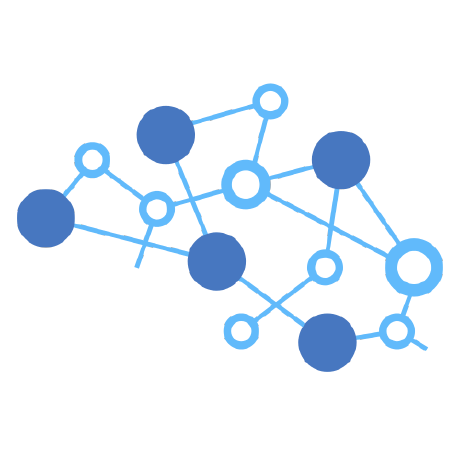Discover and explore top open-source AI tools and projects—updated daily.
webmcp by  webmachinelearning
webmachinelearning
Web apps expose JavaScript tools for AI agents
Top 24.9% on SourcePulse
WebMCP enables web applications to expose their JavaScript functionality as AI-discoverable "tools," facilitating collaborative human-in-the-loop workflows. It targets web developers seeking to integrate existing frontend logic with AI agents and assistive technologies, offering benefits like code reuse, unified user/agent interfaces, and enhanced accessibility.
How It Works
WebMCP introduces a JavaScript API allowing developers to define functions as tools, complete with natural language descriptions and structured schemas. These tools are then accessible to AI agents and browser assistants operating within the same web page context. This client-side approach contrasts with traditional backend integrations, enabling shared context, simplified authentication, and a unified interface for both human users and AI agents interacting with the application's logic.
Quick Start & Requirements
The provided documentation focuses on the conceptual API and use cases rather than specific installation or execution commands. No explicit prerequisites such as GPU, CUDA, or specific Python versions are mentioned, suggesting it's an API specification rather than a directly runnable library with a standard setup process.
Highlighted Details
- Enables AI agents to leverage existing web application logic and UI through client-side JavaScript tools, minimizing the need for backend re-architecture.
- Facilitates visually rich, cooperative interplay between users, web pages, and agents, maintaining shared context and user control.
- Offers a standardized approach for assistive technologies to access web application functionality, improving accessibility beyond traditional accessibility trees.
- Allows web developers to serve both human users and AI agents from a single source, maintaining ownership of their interface, branding, and user connections.
Maintenance & Community
The project is associated with authors from Microsoft and Google, including Brandon Walderman, Leo Lee, Andrew Nolan, David Bokan, Khushal Sagar, and Hannah Van Opstal. No specific community channels (e.g., Discord, Slack), roadmap links, or explicit maintenance status are provided in the README.
Licensing & Compatibility
The provided README text does not specify a software license. This omission presents a significant adoption blocker, as the terms for use, modification, and distribution are unclear.
Limitations & Caveats
The project explicitly states it is not intended for headless browsing or fully autonomous agent workflows without human oversight. It also clarifies that WebMCP is not a replacement for backend integrations but rather a complementary approach. Key adoption blockers include the absence of explicit installation instructions and, critically, an unspecified software license. Security considerations regarding model poisoning and cross-origin isolation, along with necessary permission prompts for tool invocation, are noted as open topics requiring community engagement.
2 days ago
Inactive

 nicobailon
nicobailon browserbase
browserbase alibaba
alibaba actionbook
actionbook google
google Automattic
Automattic agi-inc
agi-inc lukilabs
lukilabs FellouAI
FellouAI stagewise-io
stagewise-io xlang-ai
xlang-ai steel-dev
steel-dev